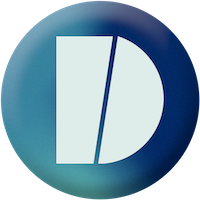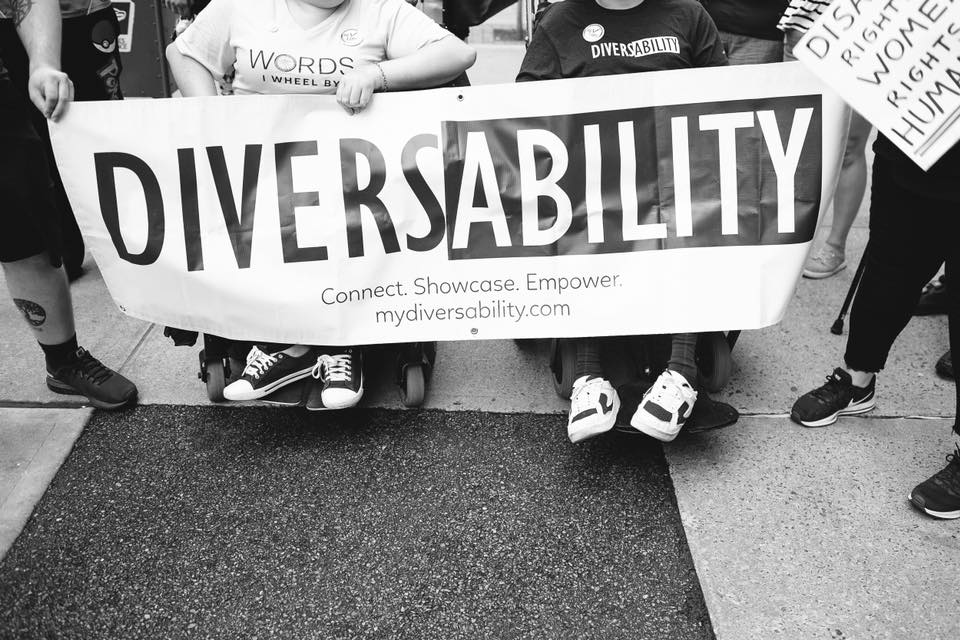July was disability pride month. While July has come and gone for this year, that doesn’t mean we are done talking about disability pride. Disability pride deserves to be recognized every day of the year.
Disability Pride is the bane of the Ableist Society. Disability Pride aims to dispel this negativity, reframe the narratives surrounding disability, and promote equality and accessibility all while amplifying, empowering, and celebrating the diversity of disability.
Whether you realize it or not, disability is all around you–there are currently more than 1 BILLION disabled individuals living on earth, making up around 15% of the world’s population.
Did you know that disabled people are more than twice as likely to be victims of violent crime? Or that 38% of people view someone with a disability as a burden to society? The need for Disability Pride has never been greater.
Disability Pride reaffirms the idea that disability is a culture and identity to be proud of, showing that disability is not a bad word.
Disability is such a uniquely personal experience, so while disability pride may look different to each person, being pridefully disabled always has the same underlying theme–accepting and understanding personal limitations while loving your whole self unapologetically.
We asked our Diversability community what disability pride means to them. Here’s what they shared:
You don’t have to adapt to a non-accessible world.
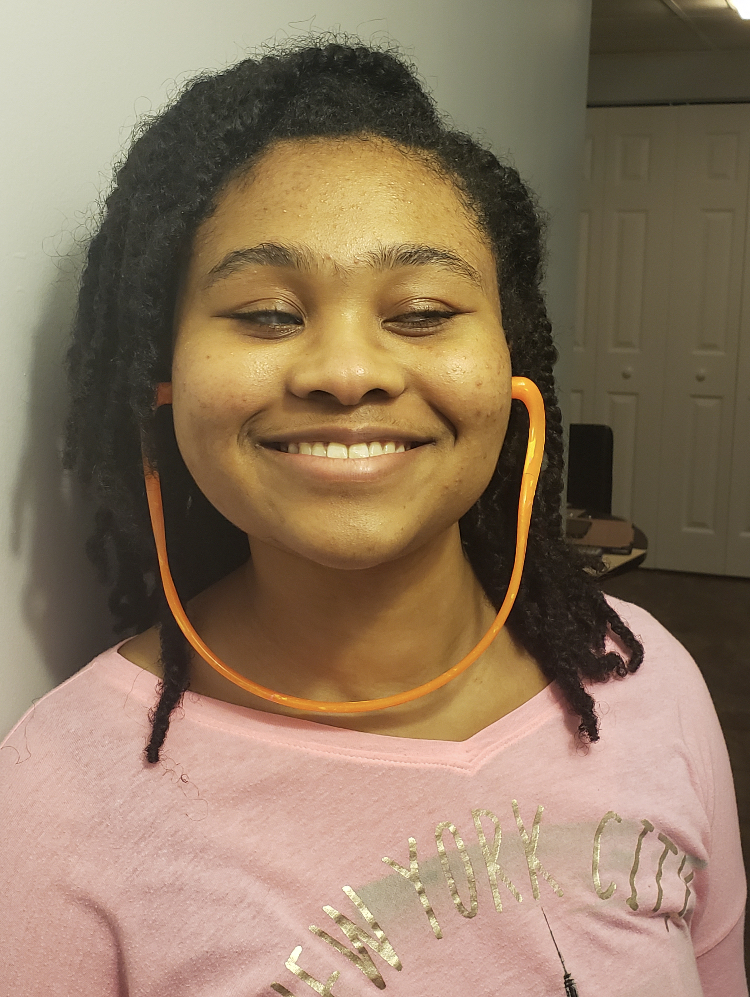
“To me, disability pride means not feeling that my life has to be “normal” in order to be good. It means knowing that I don’t have to adapt to the world, rather I need to work to change the world to be able to meet my needs and the needs of others.”
–Jemma Rosewater
Disability has given me unique insights.
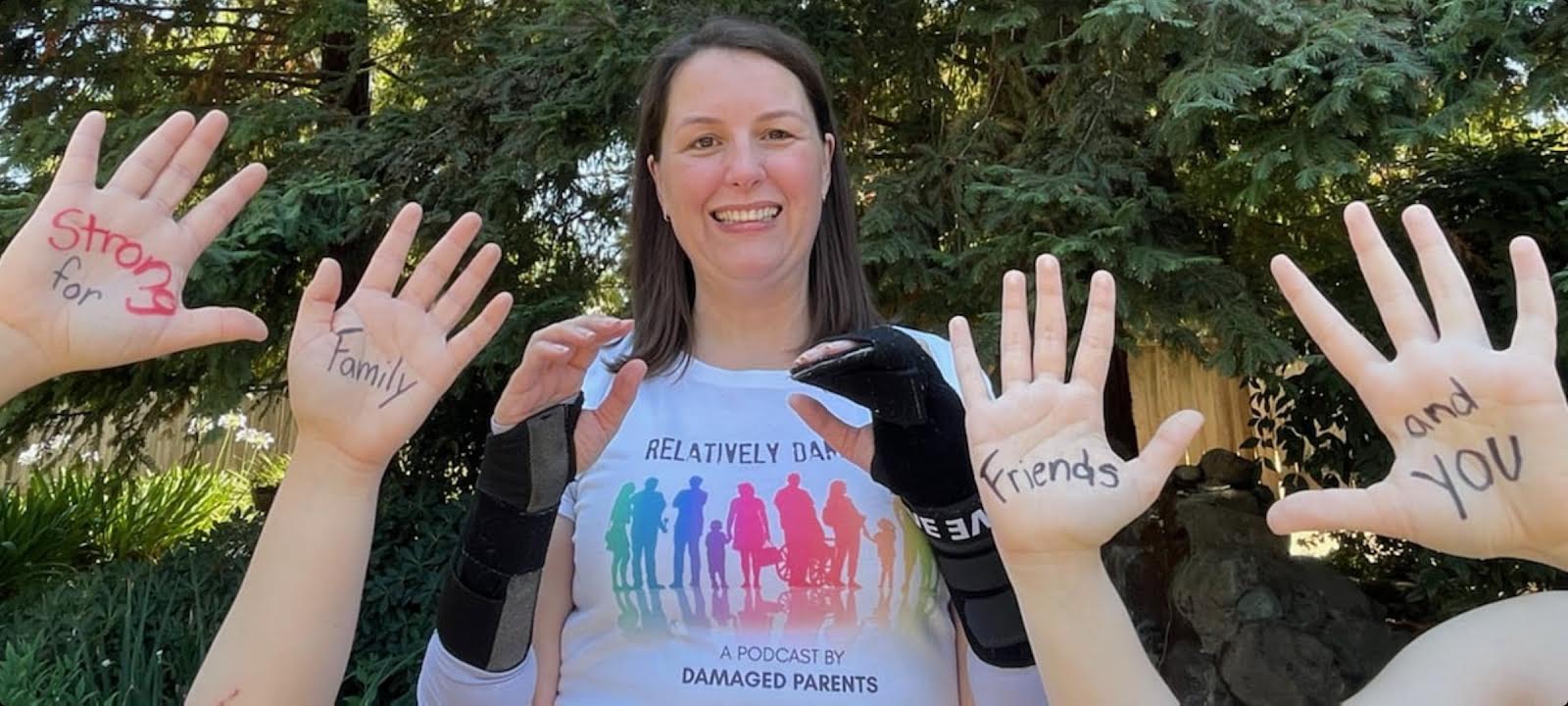
“Disability Pride means that I see the inherent value of my soul regardless of my capacity to do. My disability has given me insights I otherwise wouldn’t have had and I am able to pass that onto others.”
–Angela Talent
We don’t have to apologize for what we cannot do.
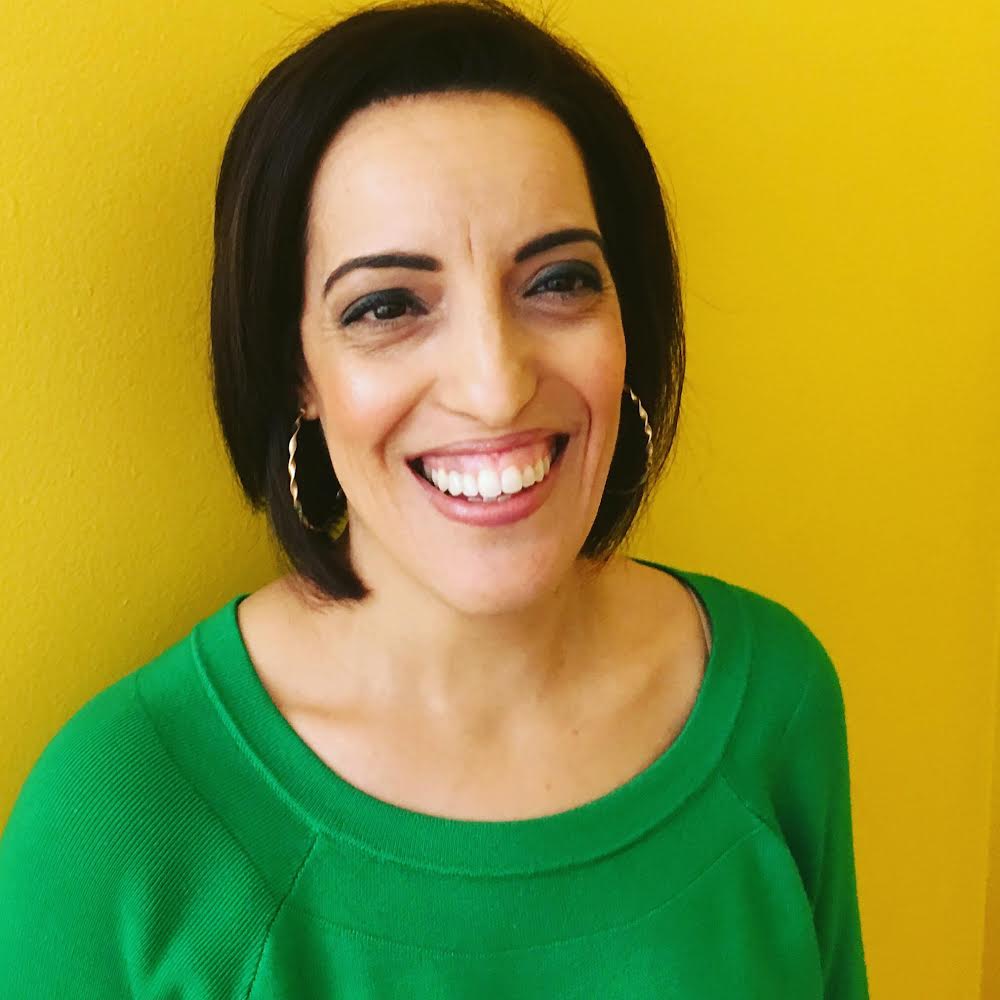
“Disability Pride means that we are proud of who we are, what our minds and bodies CAN do, and that we no longer apologize for what he can’t do.”
–Nicole Luonogo
My existence as a Disabled person is intentional, valid and absolutely beautiful.
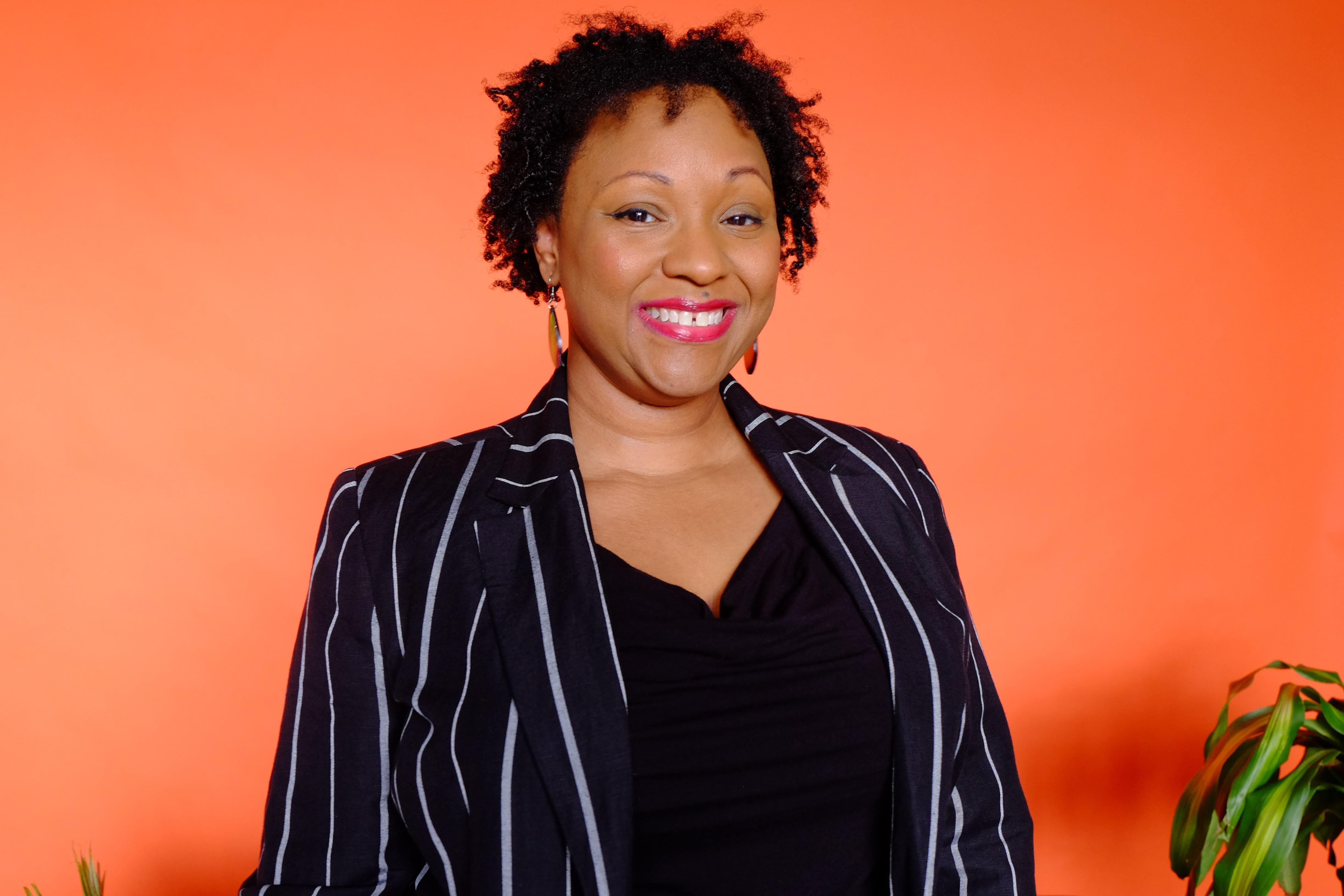
“To me, Disability pride means moving in your truth as loudly and proudly as you wish. I see Disability Pride month as a time to center this aspect of my identity partially to raise awareness, but also to advance the work towards equity for the Disabled community. Now more than ever, I want to remind the world that my existence as a Disabled person is intentional, valid and absolutely beautiful.”
–Kelly Durden Posey
Disability Pride links me to others who see disability as enriching to the world.
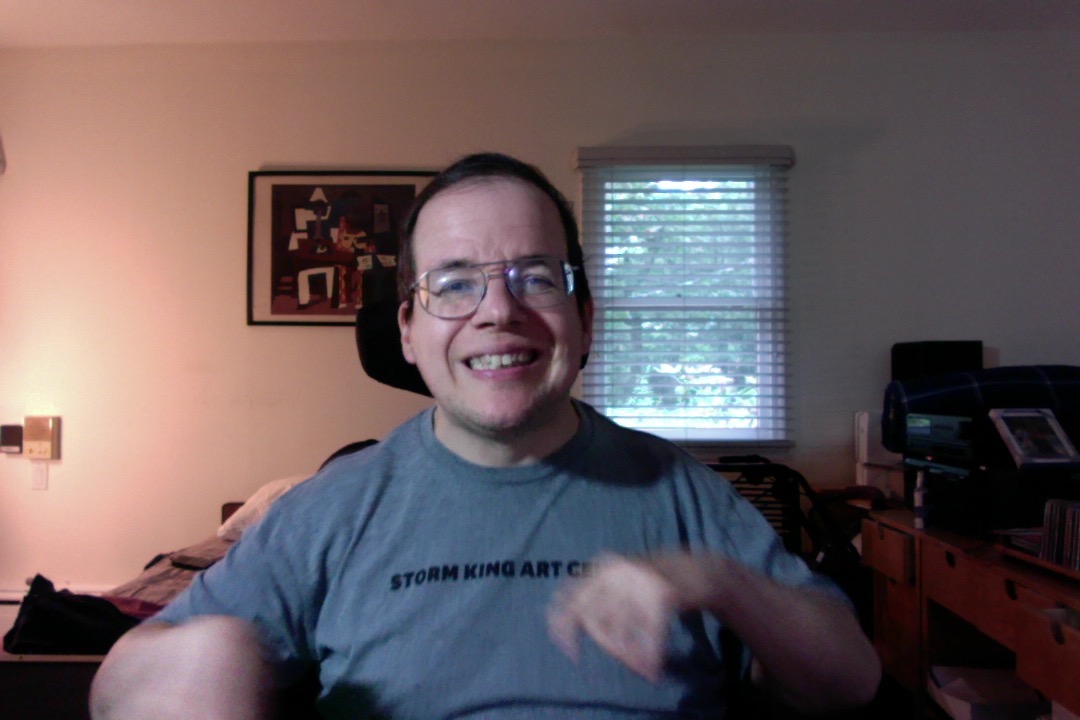
“Disability Pride means embracing my disability, all of the good and bad parts of my condition that make me the whole human I am. Pride also links me to other humans who see disability not as a limitation but enriching to ourselves, the larger community, and the world!”
-James Michels
Disability Pride challenges stigmas
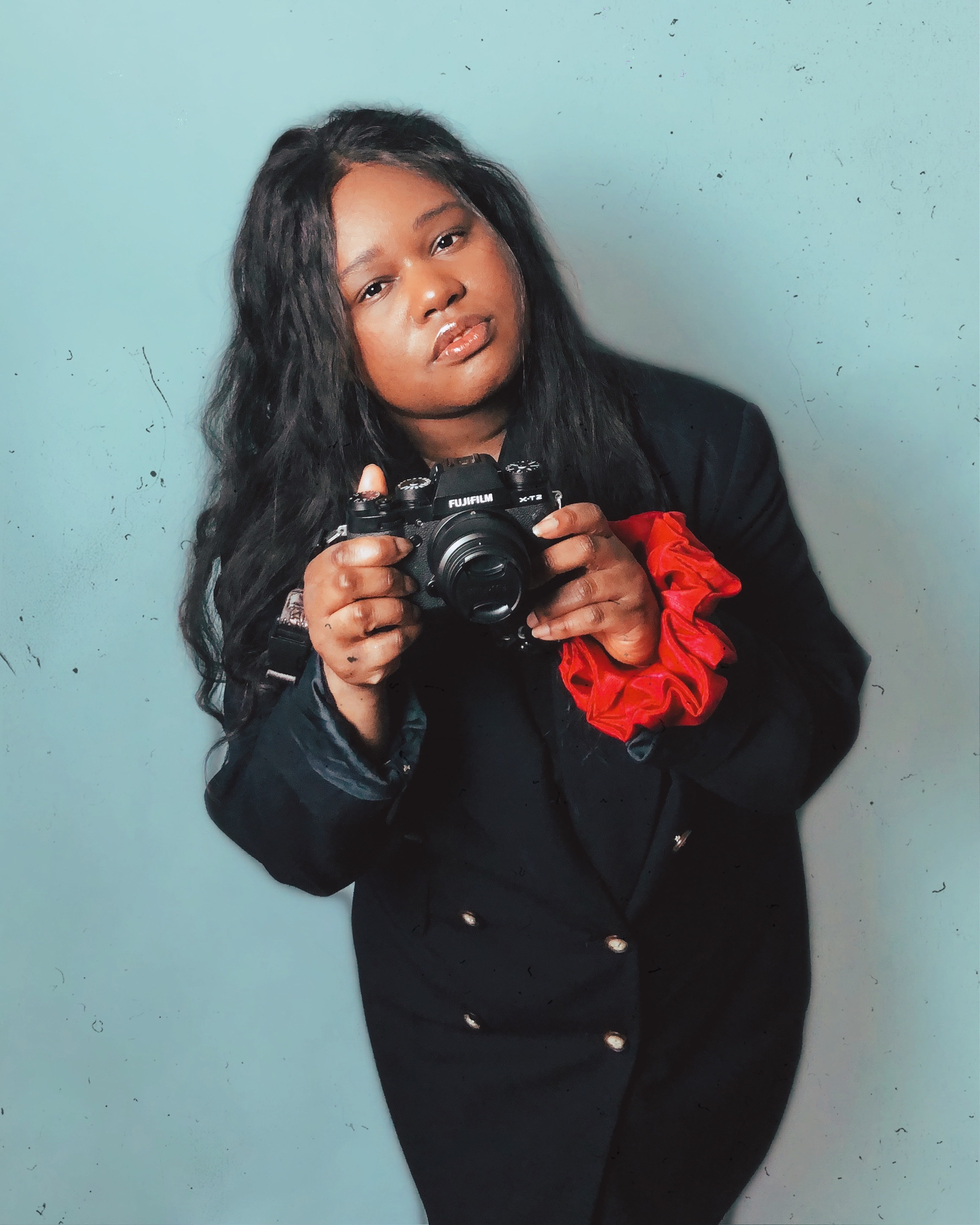
“In my life, Disability Pride 2021 has been about purpose. When I live in acceptance, it challenges stigma. The burdening social media narrative of living a life well-lived becomes lifted, and I am more focused on impact.”
–Jacquelyn Davis
I can’t control my disability, but I can control how I feel about it.

“Being disabled doesn’t make you ugly, invaluable, incapable, or anything “less than”. It’s a part of my identity now and I own my Disability Pride, because you know what? I can’t control my disability, but I CAN control how I feel about it. Living with an unpredictable disability has undoubtedly taught me more about myself, my values, and connected me with an amazing community than I would have never known otherwise.”
-Jenna Green
I’m going to embrace who I am without hiding my disability.
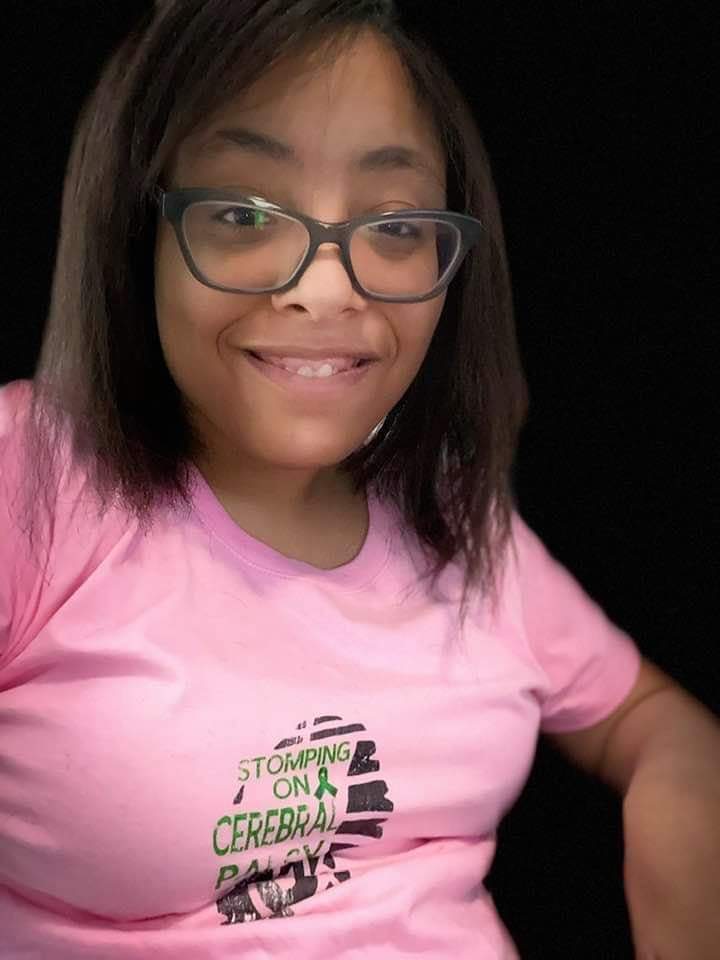
“I’m disabled and proud of it. I’m just gonna embrace who I am after hiding my disability for all these years.”
-Tylia Flores
I can work with my disabled body rather than force it to fit the mold.
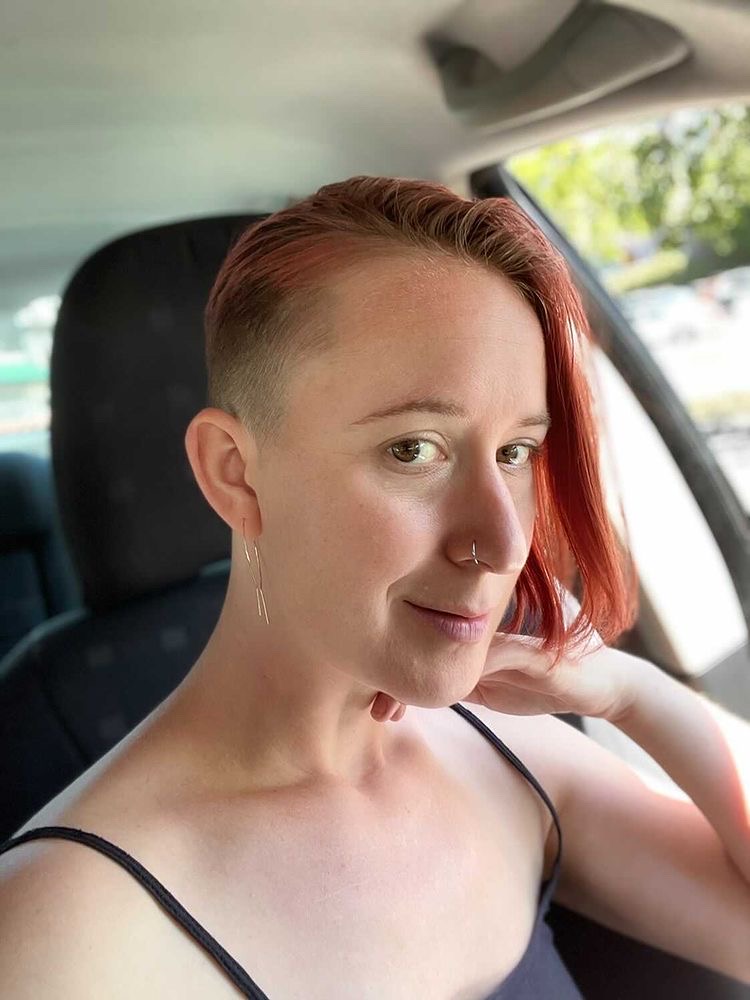
“Disability Pride proclaims that our disabled community is loved and valued through all of our openness, sexiness, suffering, and endured societal oppressions. With pride for my divergent self, I can work with my disabled body rather than force it to fit the mold.”
-Rachel Ungerer

